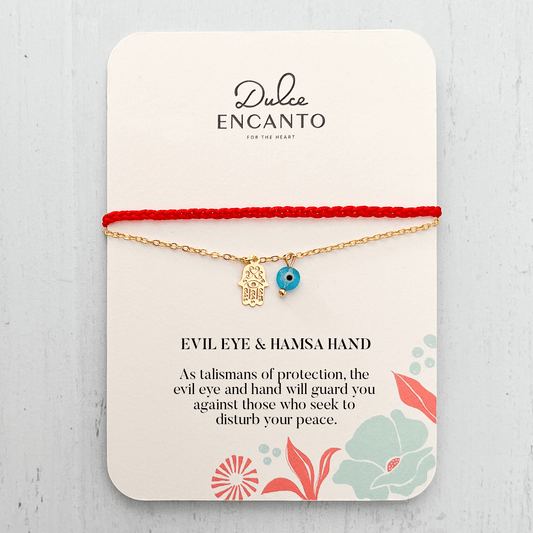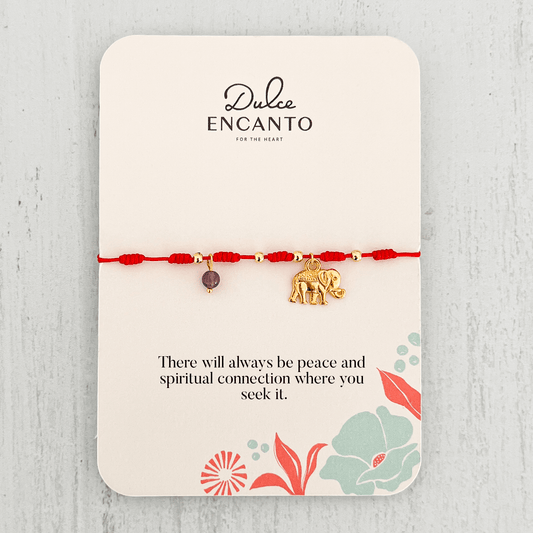5 Simple Ways to Calm Anxiety
Anxiety is a common experience that many of us face in our fast-paced and demanding lives. It can be overwhelming and affect our overall well-being. While seeking professional help for anxiety is essential for some, there are also simple techniques that can help us manage and calm anxiety in our daily lives. Here are five effective ways to do so:
1. Deep Breathing Exercises:
One of the quickest and easiest ways to calm anxiety is through deep breathing exercises. Find a quiet and comfortable place to sit or lie down, close your eyes, and take slow, deep breaths. Inhale deeply through your nose for a count of four, hold the breath for four counts, and then exhale slowly through your mouth for another count of four. Repeat this process several times, focusing on your breath and letting go of any tension with each exhale.
2. Mindfulness and Meditation:
Practicing mindfulness and meditation can help calm an anxious mind. Set aside a few minutes each day to focus on the present moment without judgment. You can start by paying attention to your breath, sensations in your body, or the sounds around you. If your mind starts to wander, gently bring your focus back to the present moment. Regular practice can help reduce anxiety and increase your overall sense of well-being.
3. Physical Activity:
Exercise is a powerful tool to alleviate anxiety. Engaging in regular physical activity, such as walking, running, yoga, or dancing, releases endorphins in the brain, which are natural mood lifters. Exercise also helps to reduce stress and tension in the body, promoting a sense of relaxation and calmness.
4. Practice Gratitude:
Focusing on gratitude can shift your perspective and reduce anxiety. Take a few moments each day to reflect on the things you are thankful for. This could be anything from a loving relationship to a beautiful sunset. Practicing gratitude can help you to be present and appreciate the positive aspects of your life, reducing worry and fear.
5. Limit Exposure to Triggers:
Identify the situations or triggers that tend to cause anxiety and try to limit your exposure to them when possible. This could include avoiding stressful environments, setting boundaries with people who contribute to your anxiety, or managing your time to reduce unnecessary pressure.
Remember, it's okay to seek professional help if anxiety is significantly impacting your life. The techniques mentioned above are simple ways to complement professional treatment and support your overall well-being.
Incorporating these five simple practices into your daily routine can significantly reduce anxiety and contribute to a more balanced and peaceful life. Be patient with yourself as you explore what works best for you, and remember that managing anxiety is a process that takes time and practice. With consistent effort, you can find greater calm and serenity amidst life's challenges.









